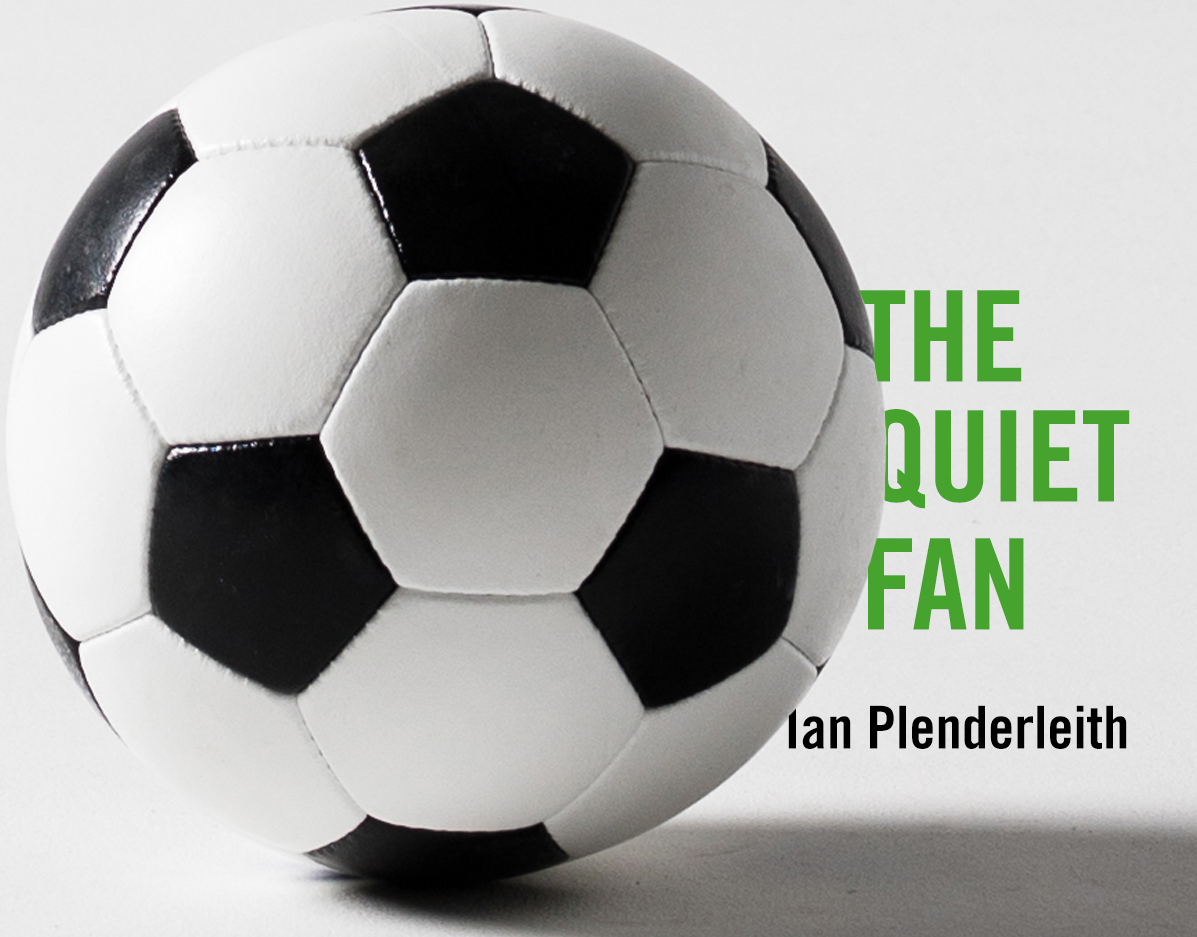Why I Wrote The Quiet Fan
As a book title, The Quiet Fan is meant to
be more than slightly tongue in cheek. Sometimes I'm quiet when I watch a game
(through shyness, fear, boredom or indifference), and sometimes I'm as noisy as
hell (thrilled, annoyed, or I just feel like shouting out loud). I haven't
written this book to point out the virtues of being quiet. In fact, it's the
opposite. The quiet fan is the unrepresented fan - and that's pretty much all
of us. I've had it with the idle pigeonholing of fans as violent morons (70s/80s),
or dupes willing to do anything and buy anything for the sake of their team
(90s and beyond).
 |
| "A Fan's Life." One fan's life. |
Fever
Pitch was a good enough work, but it was only one
fan's experience. One of the book's consequences (not Nick Hornby's fault) was the
media's abandonment of its previous fan stereotype, the drunken hooligan (see
Hillsborough and everything that came before). In itself, this wasn't a bad thing.
It was published shortly after Paul Gascoigne's tears at Italia 90, and an
emerging fan culture that had actually started to enjoy being in the stadium. The downside was that the apparent hooligan
was replaced by the apparent fanatic - the obsessive, the so-called real fan. The only true and proper fans
were season ticket holders who cared about their team to the exclusion of all
else in life. This fan lived for something
now called 'footie' and had no family (or at least none they paid attention to),
and no life to speak of outside of the game. Emotionally inadequate misfits to
be pitied and patronised, yet moulded and manipulated into becoming the Sky
era's "passionate" customer core.
I dislike being told when I have to be
passionate, or that I have to be passionate at all. I dislike being told that I
would do anything for my team. No I
wouldn't, and neither would most of the fans I've ever met. We don't always get
angry when our



